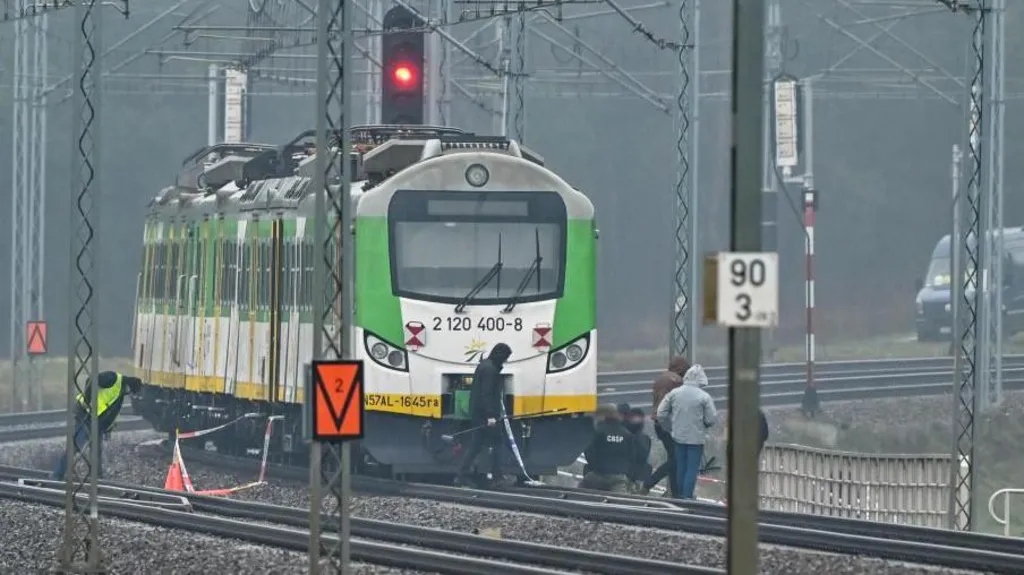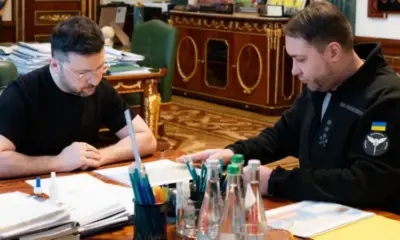News
Poland Says Two Ukrainians Working for Russia Behind Railway Sabotage

Polish Prime Minister Donald Tusk has said that two Ukrainian citizens who had been cooperating with Russian intelligence for years are the main suspects in two recent acts of sabotage on Poland’s railway network. Tusk told parliament that one of the suspects had already been convicted in absentia in Ukraine for similar sabotage related offences.
The prime minister visited the site of the first explosion near the village of Mika, south east of Warsaw, where a blast damaged a key railway line over the weekend. He called the incident an unprecedented act of sabotage. The explosion struck as a freight train was passing but caused only minor damage to the floor of one wagon, and the driver did not realise what had happened at the time. CCTV footage later confirmed the detonation of a military grade C4 explosive device on the evening of November fifteen.
A second incident occurred two days later near Pulawy. Damage to overhead cables forced a passenger train carrying four hundred and seventy five people to brake suddenly. Authorities later said a steel clamp had previously been placed on the track in an attempt to derail a train, but that effort failed.
Poland’s special services initially suggested that the acts were likely ordered by a foreign intelligence service. On Tuesday a government spokesman said evidence pointed to Russian special services being behind the operation. Tusk told lawmakers that the goal of the sabotage was to trigger a major rail disaster.
He said he would not release the names of the suspects for operational reasons but confirmed that one is living in Belarus while the other resides in eastern Ukraine. Both had entered Poland via Belarus in the autumn and later returned there through the Terespol border crossing.
The Kremlin dismissed the accusations. Dmitry Peskov, spokesperson for Russian President Vladimir Putin, said it was unsurprising that Russia had been blamed first and claimed that Russophobia was widespread in Poland. He rejected any suggestion of Russian involvement.
Tusk said that since the beginning of last year Polish authorities had detained fifty five people suspected of helping or preparing sabotage operations. Twenty three of them remain in custody. In response to the latest incidents he said he would raise the alert level on selected railway routes.
The prime minister warned that Russia’s aim was not only to damage infrastructure but also to create panic and fuel anti Ukrainian sentiment within Poland, which currently hosts more than one million Ukrainian refugees. He emphasised that the political and social effects of such sabotage were as important to Moscow as the physical damage.
Poland’s railway network plays a crucial role in transporting military and humanitarian aid to Ukraine. Tusk said that protecting these routes is essential, especially after several drone incursions by Russia into Polish airspace earlier this year.






















